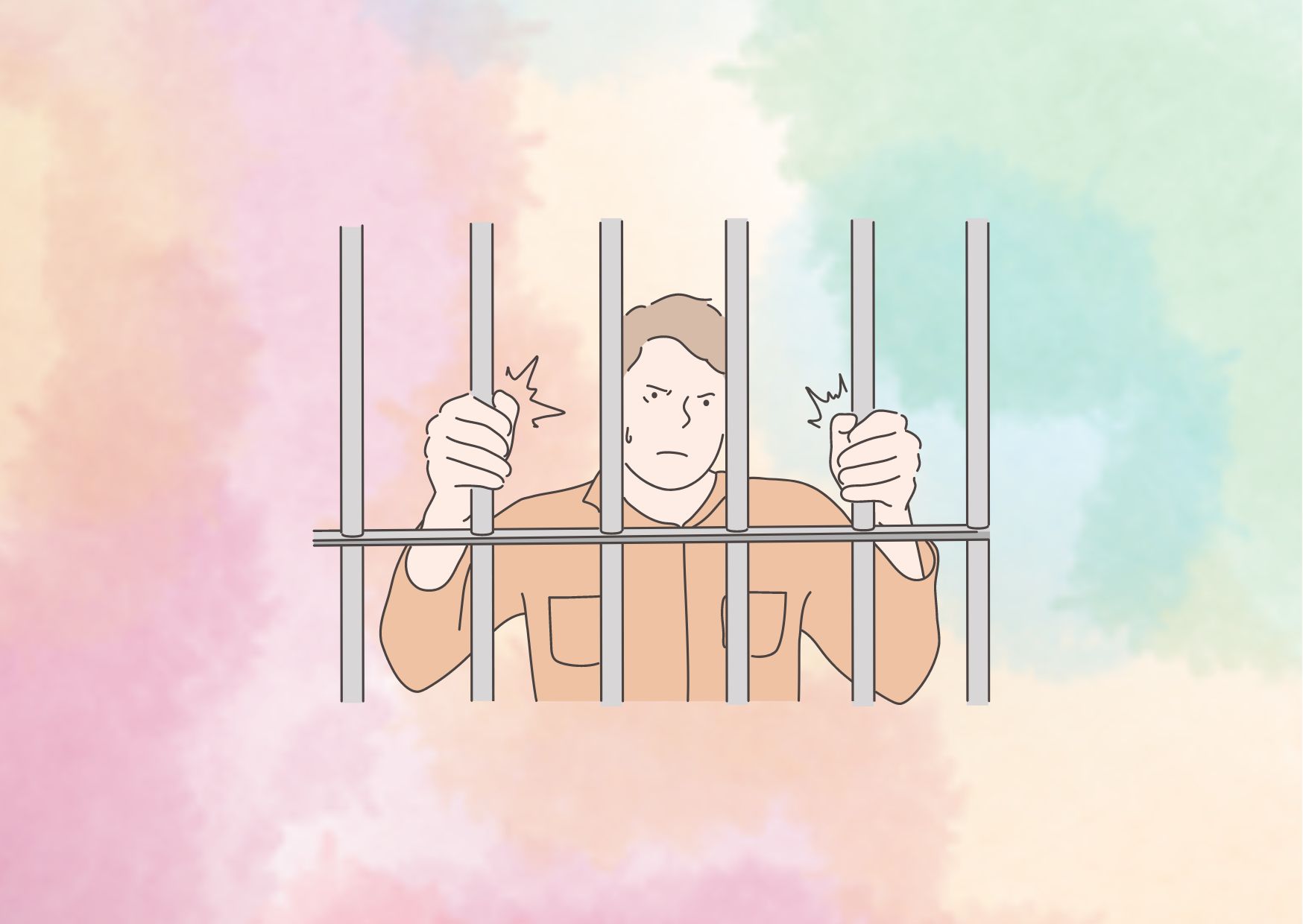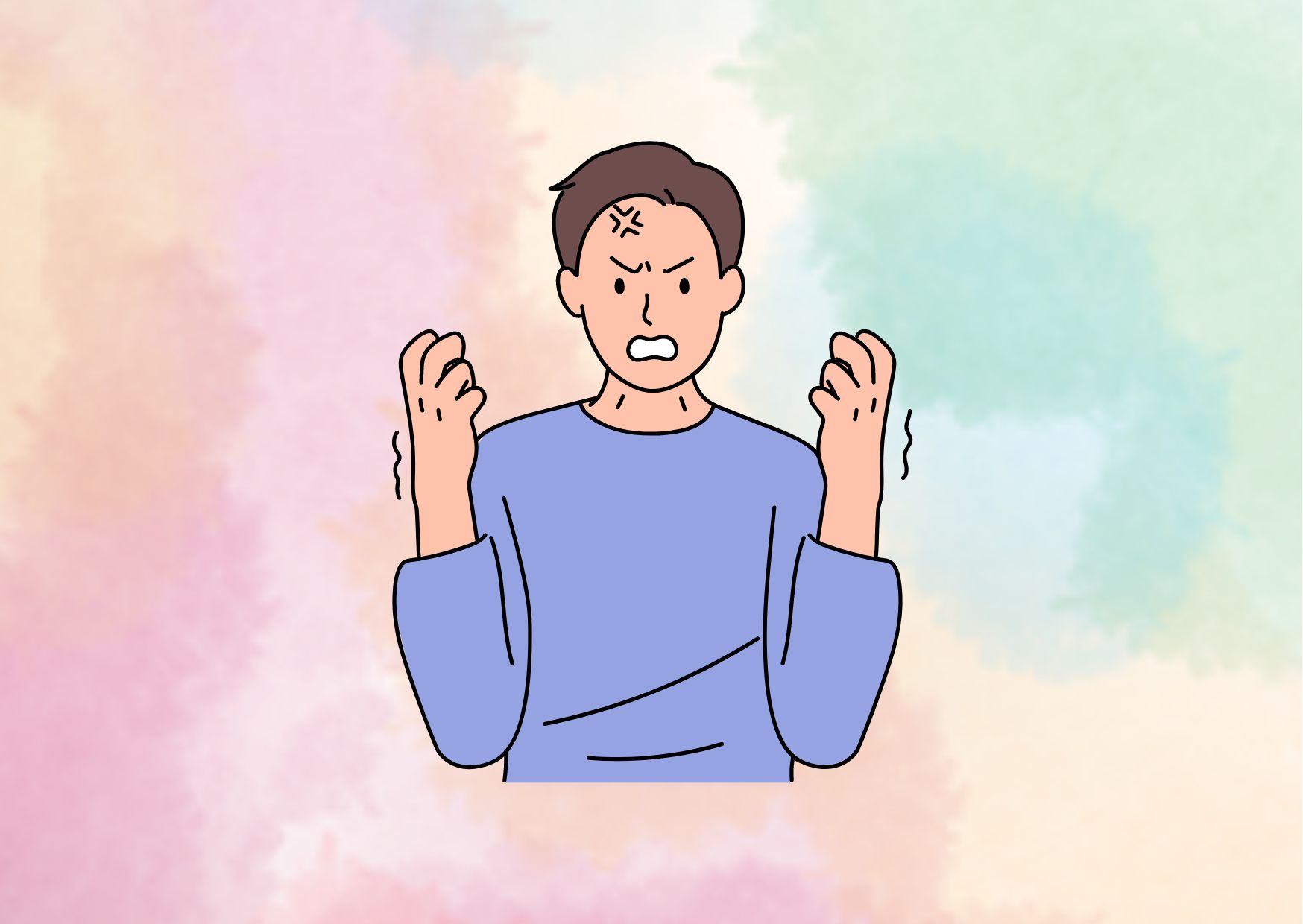Symptoms of Sociopathy: A Comprehensive Guide
Sociopathy, also known as antisocial personality disorder (ASPD), is a mental health condition characterized by a persistent lack of empathy, disregard for social norms and laws, and manipulative behavior towards others. Those exhibiting sociopath symptoms often come across as charming and superficially confident, yet struggle with emotional regulation, impulse control, and remorse.
This comprehensive guide delves into the key sociopath symptoms to watch for, ranging from deceitfulness and aggression to a lack of remorse and exploitation of others. We’ll explore the distinctions between sociopathy and psychopathy, early warning signs in children and adults, causes and risk factors contributing to the disorder, as well as the myths, stigmas, and relationship dynamics surrounding this complex condition.
Understanding Sociopathy
Sociopathy, also known as antisocial personality disorder (ASPD), is a complex mental health condition characterized by a persistent disregard for societal norms and the rights of others. It is diagnosed based on specific criteria outlined in the Diagnostic and Statistical Manual of Mental Disorders (DSM-5), requiring the presence of at least three out of seven behavioral signs.
Key Aspects of Sociopathy
- Lack of Empathy and Remorse: Individuals with sociopathy often struggle to understand or relate to the feelings and emotions of others. They may exhibit a profound lack of remorse or guilt for their harmful actions, making it challenging for them to form meaningful connections.
- Manipulation and Exploitation: Sociopaths may engage in manipulative behaviors, using charm, deceit, and exploitation to achieve their goals or gain personal advantages, often at the expense of others.
- Impulsivity and Risk-Taking: Sociopaths tend to be impulsive, seeking immediate gratification and engaging in risky or thrill-seeking behaviors without considering the consequences.
While sociopathy is often associated with criminal behavior, it is essential to recognize that not all individuals with sociopathic traits engage in illegal activities. Some may lead relatively normal lives, conforming to societal expectations while still exhibiting underlying traits such as a lack of empathy and disregard for others’ well-being.
| Sociopathy | Psychopathy |
| Shaped more by environmental factors | Considered inborn and immutable |
| Impulsive actions | Premeditated, planned behavior |
| May exhibit some empathy or attachment | Profound lack of empathy |
It is crucial to note that sociopathy exists on a spectrum, and individuals may exhibit varying degrees of severity. While some may struggle with forming meaningful relationships and controlling impulsive behaviors, others may possess the ability to rationalize their actions and conform to societal norms when necessary.
Sociopathic Traits
Individuals with sociopathy or antisocial personality disorder (ASPD) exhibit a range of concerning traits and behaviors that can have a profound impact on their relationships, work, and overall functioning in society. Some of the most common sociopathic traits include:
- Lack of Empathy and Remorse: A hallmark characteristic of sociopathy is the inability to empathize with others’ emotions or feel genuine remorse for harmful actions. Sociopaths often display a callous disregard for the feelings and well-being of those around them.
- Manipulation and Deceit: Sociopaths are skilled manipulators, using charm, intelligence, and deception to exploit others for personal gain. They may lie pathologically, adopt false identities, and engage in emotional manipulation tactics like gaslighting or love-bombing.
- Impulsivity and Risk-Taking: Individuals with sociopathy tend to act impulsively, seeking immediate gratification without considering the consequences of their actions. They may engage in high-risk behaviors, such as substance abuse, reckless driving, or illegal activities, with little regard for personal or public safety.
- Aggression and Violence: Sociopaths often exhibit a pattern of aggression, hostility, and even physical violence, particularly when they feel threatened or challenged. They may engage in fights, harassment, or other forms of intimidation to assert control over others.
- Disregard for Rules and Laws: Sociopaths have a blatant disregard for societal norms, rules, and laws, often breaking them without remorse or concern for the consequences. This can lead to criminal behavior, such as theft, fraud, or more severe offenses.
- Superficial Relationships: Due to their lack of empathy and emotional depth, sociopaths struggle to form meaningful, lasting relationships. They may view others as objects to be exploited or manipulated, leading to shallow and transient connections.
- Irresponsibility and Unreliability: Sociopaths often fail to fulfill their responsibilities, whether in their personal or professional lives. They may struggle with maintaining employment, paying bills, or meeting other obligations due to their impulsivity and lack of concern for consequences.
It’s important to note that sociopathic traits exist on a spectrum, and not all individuals with ASPD exhibit every trait to the same degree. However, recognizing these patterns can help identify potential sociopathic behavior and take appropriate measures to protect oneself and others.
Early Warning Signs
Recognizing Sociopathic Tendencies in Children
While sociopathy is often associated with adults, early warning signs can manifest during childhood. Identifying these red flags early on is crucial for intervention and support. Some common indicators in children include:
- Persistent Lying and Deceit: Children with sociopathic tendencies may lie frequently, even when there is no apparent reason or benefit to doing so.
- Cruelty to Animals or Peers: Harming animals or displaying aggression and bullying behavior towards other children can be an early sign of a lack of empathy and disregard for others’ well-being.
- Lack of Remorse or Guilt: These children may show little to no remorse or guilt for their harmful actions, even when confronted or punished.
Sociopathic Behaviors in Adulthood
As individuals with sociopathic traits reach adulthood, their behaviors may become more pronounced and problematic. Some common signs to watch for include:
- Manipulative and Exploitative Behavior: Sociopaths may use charm, flattery, and deception to exploit others for personal gain, whether in relationships, work, or social settings.
- Frequent Job or Relationship Changes: Due to their impulsivity and inability to maintain meaningful connections, sociopaths may struggle to hold down jobs or maintain stable relationships.
- Irresponsible and Reckless Conduct: They may engage in risky behaviors, such as substance abuse, reckless driving, or illegal activities, with little regard for consequences.
- Lack of Empathy and Emotional Depth: Sociopaths often struggle to understand or relate to others’ emotions, leading to shallow and superficial interactions.
It’s important to note that exhibiting one or two of these behaviors does not necessarily indicate sociopathy. A comprehensive evaluation by a mental health professional is necessary for an accurate diagnosis.
Causes and Risk Factors
The development of sociopathy, or antisocial personality disorder (ASPD), is influenced by a complex interplay of environmental and biological factors. While genetics may play a role, research suggests that environmental factors, particularly during childhood, are more influential in shaping sociopathic traits.

